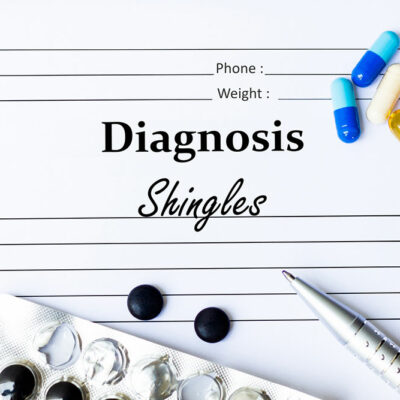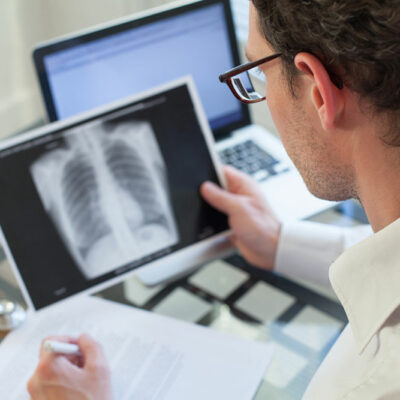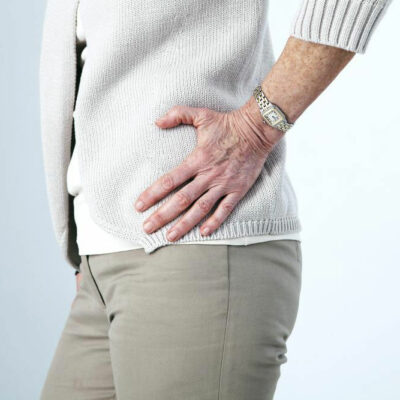
Diagnosis & Prevention
Shingles – Symptoms, Risk Factors, and Treatments
Shingles is an infection caused by a virus. It is characterized by a painful rash. The same virus that causes chickenpox leads to this viral infection. It results in the development of a stripe of blisters, usually on one side of the body. This rash is very painful, and usually, patients need to adopt some remedies to get relief from shingles. Symptoms and diagnosis of shingles Shingles is characterized by pain and a burning sensation. You may also experience a tingling or numbing sensation in or under your skin. It may lead to the appearance of red blisters which are very painful. Shingles is also accompanied by other symptoms such as fever and headache. You may experience itching and irritation as well as fatigue due to shingles. Your doctor may diagnose shingles through its tell-tale symptoms and signs. When you have red blisters that tend to sting, itch and burn, you probably have shingles. These signs alone help your doctor in the diagnosis of this problem. It is essential to get the right diagnosis to find the right remedies and treatments for shingles. Risk factors The varicella-zoster virus which causes chickenpox is responsible for shingles as well. If you have had chickenpox at any point of time in your life, you face the risk of developing this condition.




















